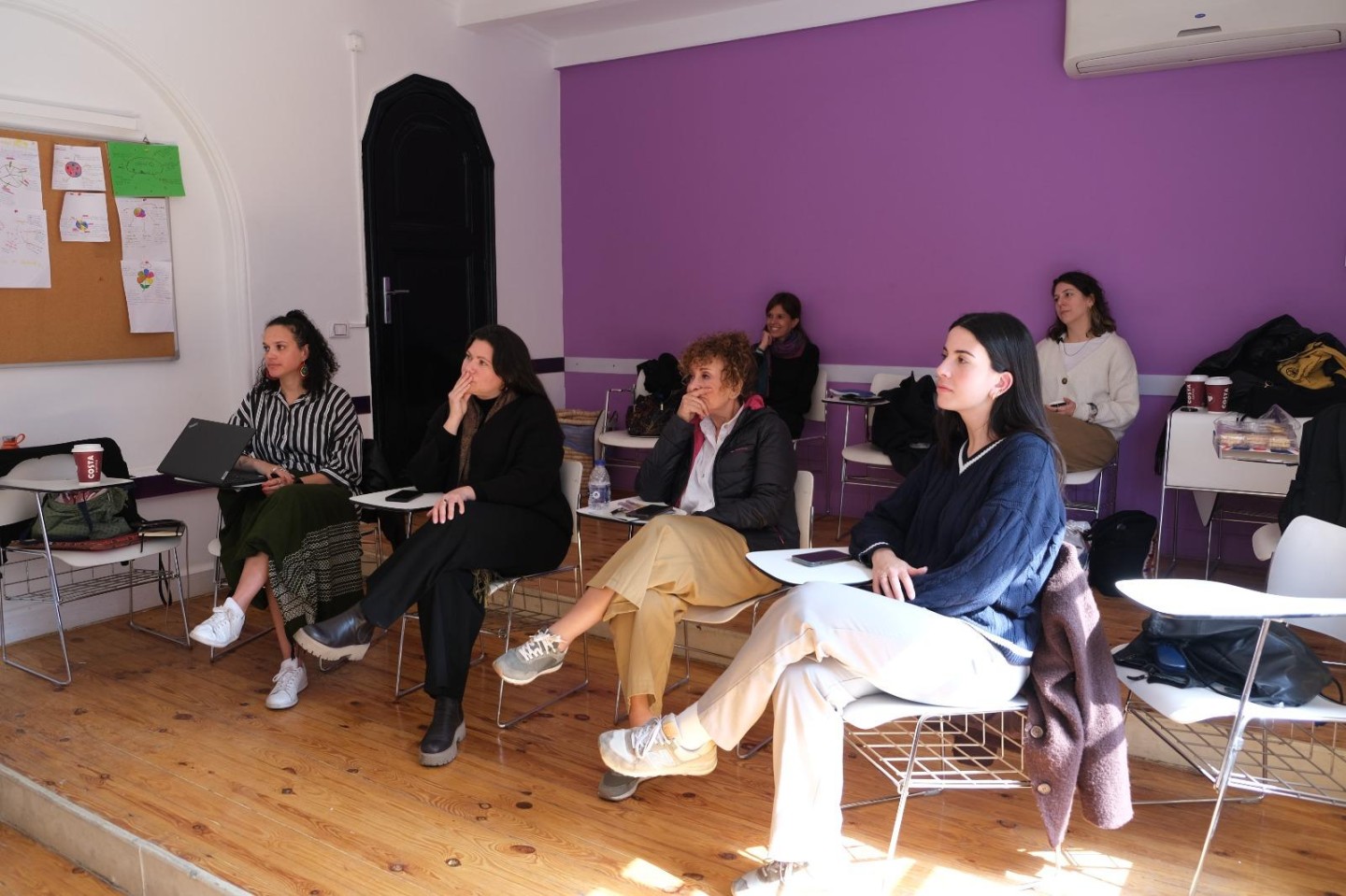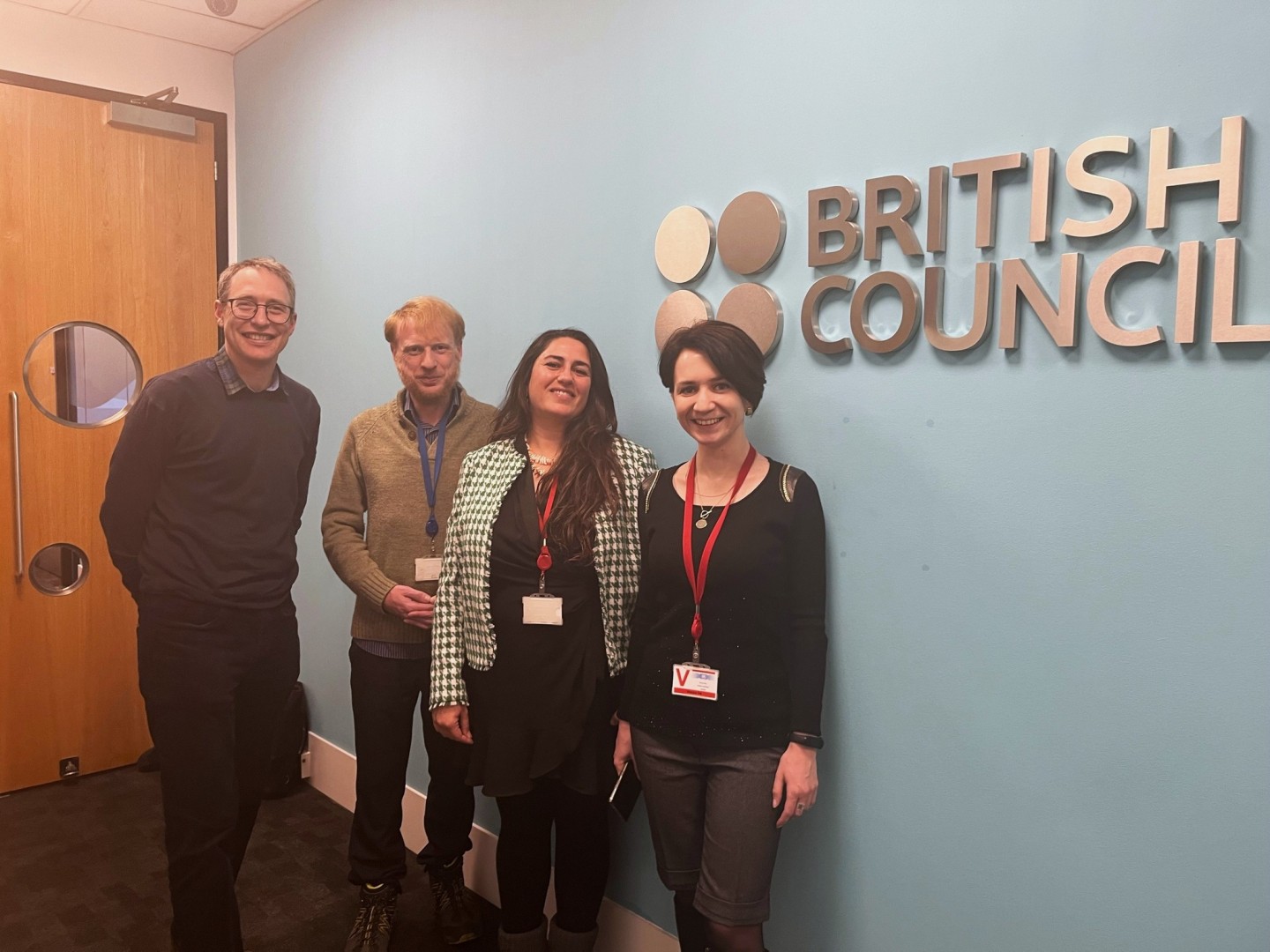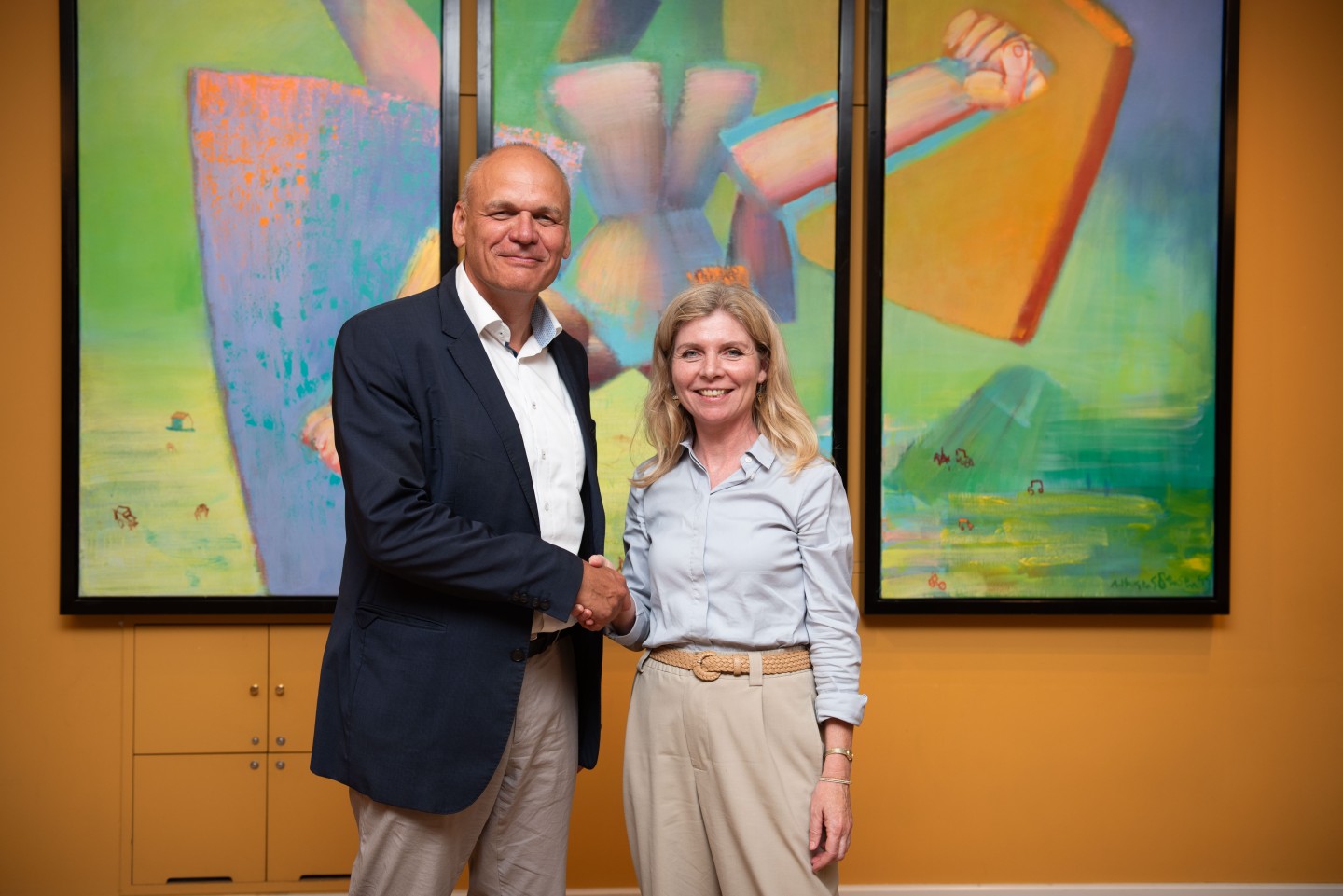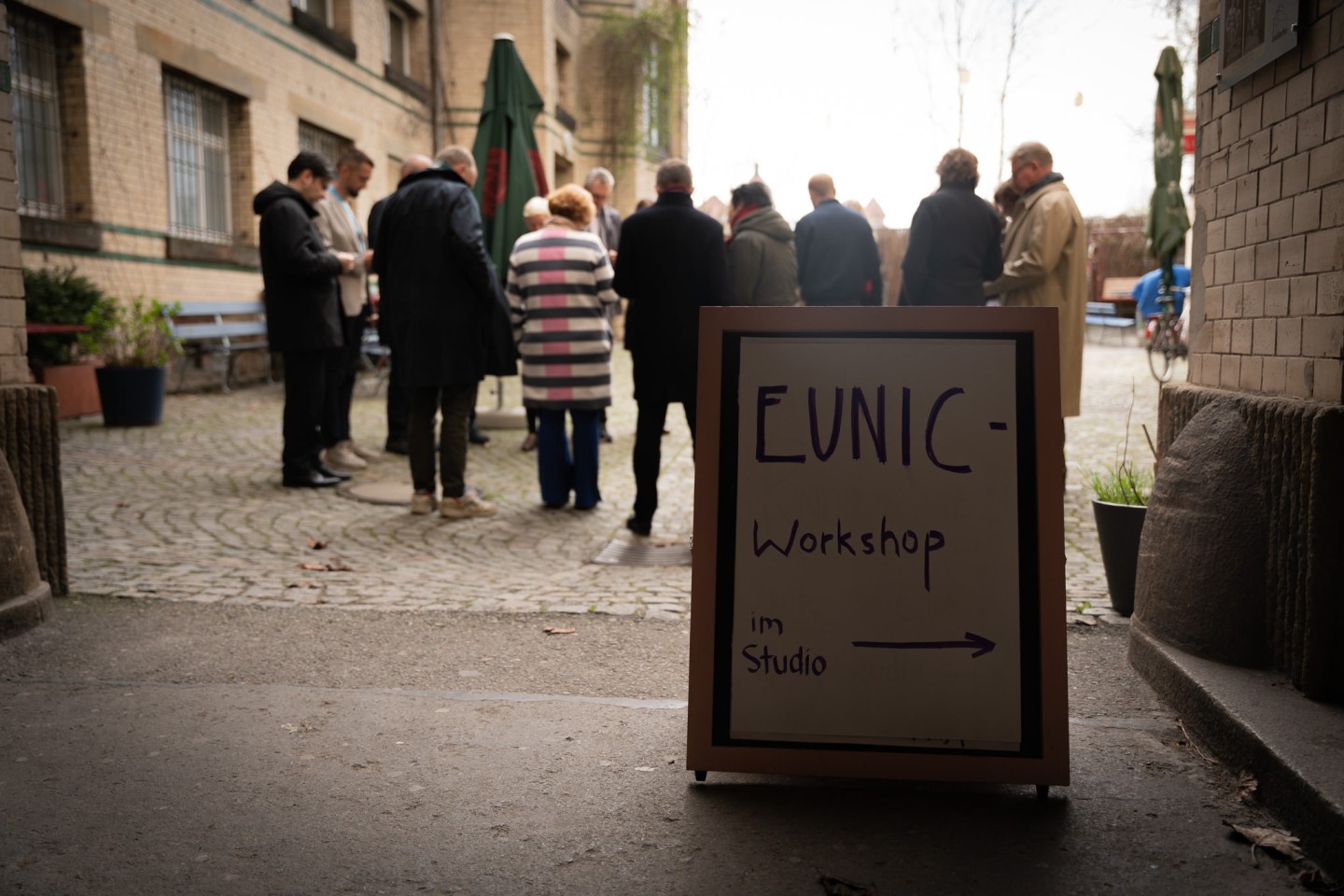
Mobility Scheme at Instituto Cervantes Manila
In February 2023, Thomas Meyer, Head of Information Services of Central Eastern Europe at the Goethe-Institut Prague had the opportunity to visit the Instituto Cervantes in Manila to exchange experiences on the topic of Digital Transformation which is an important topic for both of the institutions.

At the Goethe-Institut I’m in charge of coordinating the digital transformation of our institutes in Central Eastern Europe. The digital tranformation affects all our departments and business units – no matter if it’s our language courses, our cultural events or our adminstrative processes. My motivation for my application for the mobility scheme was to learn how other organisations like the Instituto Cervantes are facing the challenges of the digital transformation and share best practices.
The Instituto Cervantes in Manila is in the middle of their digital transformation process. Instituto Cervantes was able to raise EU funds from the funding line "NextGenerationEU" in order to boost the institute's digital transformation. The institute has developped an impressive transformartion action plan which will be realized in the course of three years.
The digtal transformation was highly visible at the Instituto Cervantes Manila. On my first day at the institute I was introduced to the language department by Juan Robisco, the Head of the department of the institute. In my meetings with Juan I learnt about the introduction of new whiteboards in the classroom which enable hybrid classes through the use of high end cameras, microphones and new software. I also learned about their SELE exams. The SELE exams are fully digital exams which were developped by Cervantes, two universities and Telefonica and can be conducted completely remote using high security measurements to avoid fraud. The Goethe-Institut is working on a similar concept for digital exams but has not launched them yet so it was interesting to learn about the institute's progress. Despite the challenges of the digital exams it is a great step forward to reach target audiences which we would be not able to reach otherwise. Instituto Cervantes Manila is not only in charge for the exams in the Phillipines but also for other countries in South East Asia such as Thailand, Malaysia and Indonesia.
On my second day I learned about the library services at the Instituto Cervantes Manila. In fact the institute has two libraries in two buildings. In the newer builiding in the central business district of Manila there is the library which is mainly targeted to language learners. In that building that's also were the majority of the language classes take place. The library at the new building is modern and spacious and offers a variety of media and desks where the students and library visitors can learn. The second library is located in the historic old town of Manila at the second branch of the Instituto Cervantes Manila where the head librarian Carlos Valmaseda welcomed me and gave me insights in his work. The premise is located in a courtyard right next to the famous San Augustin Church. Next to the library there is also an event hall and class rooms at the branch. The spacious library contains a big variety of media including classic Spanish literature. A challenge at the library in the old town is certainly the high humidity which can damage the books. Within the process of the digital transformation the Instituto Cervantes plans to introduces RFID gates for self check-out of media. The Goethe-Institut has many years of experience with RFID gates which has become a standard at their libraries. Apart from the services at the two physical libraries, the Instituto Cervantes also offers a digital library for computers, tablet and smartphones. The Goethe-Institut offers a similiar digital library.
On the third day I visited the Goethe-Institut Manila and met the institute director Julian Fuchs and his team and learned more about their local work in promoting German culture and language and forster international intercultural exhange.
Finally I met ony my forth day José Maria Fons Guardiola, the head of cultural programming of the Instituto Cervantes. We were exchanging our experiences with digital events especially concering film screenings. Instituto Cervantes is celebrating Spanish Films each year with a Spanish film festival "Película Pelikula". Since the pandemic the institute is also offering a digital edition of their film festival a with a wide range of films which are available via streaming. The Goethe-Institut Prague has similar experiences with their film festival "Das Filmfest" which offers a set of films on their plattform "Goethe-On-Demand".
Learning about digital transformation at the Instituto Cervantes was very enriching for me. Nevertheless the encounters with the colleagues at the Instituto Cervantes during the mobility scheme was as valuable to me as the knowledge transfer. Through those encounters I got insights on how it is to live and work in the Phillipines. The Phillipines fascinates me also because of the influence of Spanish culture and language which I haven't seen in other Asian countries. Decolonization was an prominent topic in art exhibition that I visited in Manila during my stay. The Goethe-Institut has also a focus on that topic and so it was interesting to learn about the local context in the Phillipines.
The EUNIC mobility sceme was a great learning opportunity for me and I'm thankful to EUNIC for making it possible. A great thanks to the colleagues at the Instituto Cervantes who gave me a warm welcome and were incredible hosts during my stay in Manila.










